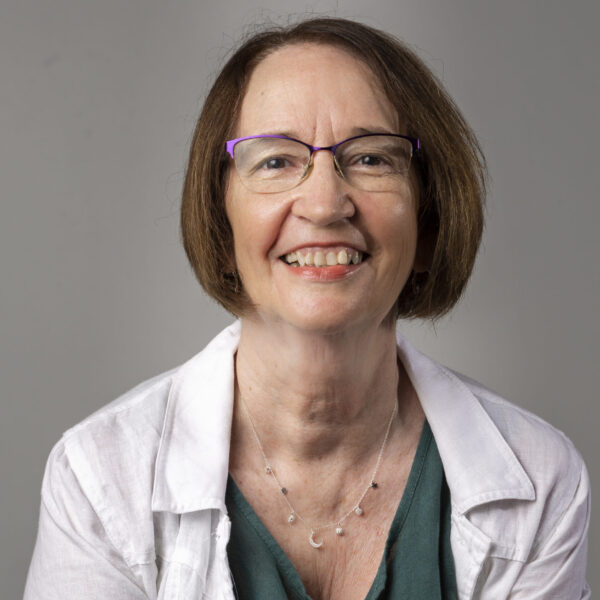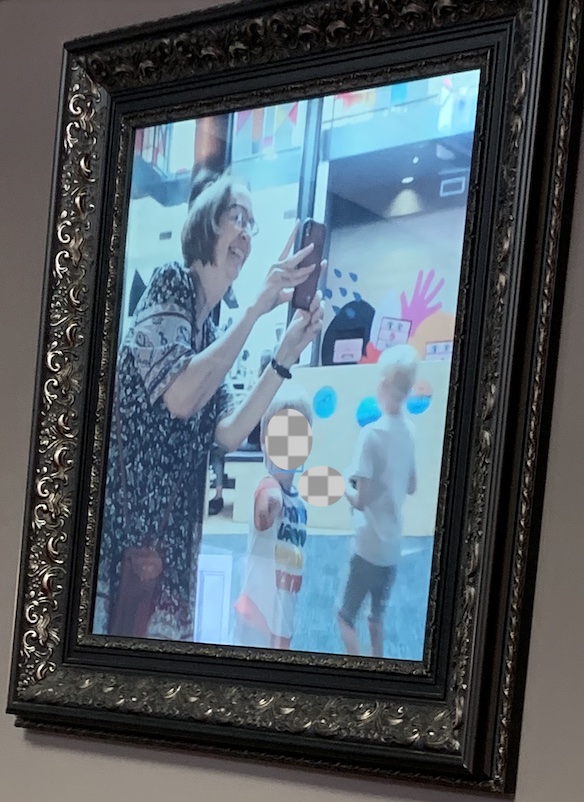
I’ve been working in teacher education for the past 30 years. Over that time I’ve been extremely lucky to work with literally thousands of teacher education students, often those in their first year of study. When asked about their motivations for choosing this career path, these students almost always tell me that they were motivated to join the professions of education because they want to help give people the opportunities needed to live healthy, happy, empowered lives: lives characterised by genuine choice and personal freedom. These same groups of students have also expressed various combinations of surprise, concern, confusion and dismay when confronted with data to demonstrate the inequities that exist in our society. Educational experiences, pathways and post-school outcomes are still shaped by variables such as race, gender, cultural identity, sexuality and the places that we live. For people who really believe in the transformative, liberatory power of education, the persistence of inequities and inequality is a challenge that demands ongoing investigation. This challenge has underpinned both my research and teaching for the past three decades.
During this time I’ve tried to develop more detailed understandings of how meanings come to be attached to difference, how differences are made to matter, and how all of those who work in education can play a role in reproducing and naturalising, or challenging and contesting longstanding patterns of injustice or advantage. Because of this focus my research and teaching have been totally connected, as I have tried to develop with and through my students the kind of educated hope that is neither naïve nor nihilistic: an ability to see what is, to imagine what could be, and to work creatively and collegially in pursuit of new futures. I learned how to do this work with students through a process of trial and error. We learned together what worked, and what didn’t, engaging in the ‘hard fun’ of collaborative enquiry. I was lucky enough to win a bunch of teaching awards along the way, but from time to time I wondered how much easier everything might have been if I’d been prepared somewhere along the line to actually do this intellectual and pedagogical work.
Between 200x and 2015 I was part of the ground-breaking ARC project: Studying the Effectiveness of Teacher Education (SETE). One of the very few longitudinal studies of teacher education that have ever been funded in Australia, this project showed that graduate teachers feel less prepared to work with some students than with others. Indigeneity, socio-economic status, cultural background, disability and other aspects of students’ lives pose challenges to teachers who lack confidence in their ability to meet the needs of diverse learners. For me this finding reinforced insights from research I’d conducted for many years, and echoed the concerns of students in ITE programs who repeated told me that they didn’t feel they were given enough opportunities to understand what diversity in a population actually means, and how an education system can/should/might respond.
Soon after this project ended I was lucky to receive an invitation to speak to a group of colleagues at QUT about the SETE project and the questions that remained unanswered including how we, as a profession, can respond to the apparent lack of knowledge and confidence found in the teaching profession. This presentation connected me to Jo Lunn and Mary Ryan, both of whom have spent many years investigating issues relating to the construction of knowledge, and processes that support or enable effective decision making. A meeting that we planned to take place in a coffee shop ended up being a wandering discussion up and down the streets of Kelvin Grove, and by the end of a couple of hours we’d identified a place where our interests overlapped: understanding more about the ways teacher educators can help prepare future teachers for diverse learners, and the skills and dispositions that all of us need to have an impact on this agenda. It seemed to us then—and even more so today!—that if we combined our interests in understanding people’s beliefs about knowledge, and their approaches to action, and the way this connects to pre-service education, then we’d have the best possible chance of meeting our goals as teacher educators. Since that meeting we’ve been able to expand our team to include colleagues with an outstanding skill set, who share our commitment to teacher education that works in the pursuit of educational and social justice: teacher educators who are for diversity.
Student diversity and social disadvantage have been the focus of my research since my PhD. In the last ten years my interest in the challenge of preparing future teachers has led me to focus not on the skills and dispositions of teachers or future teachers, but on the knowledge of those who have responsibility for preparing this profession: teacher educators.
This work has been incredibly rewarding, but also incredibly challenging. Some things change, and some things remain the same. Inspired by bell hooks and Henry Giroux I like to adopt an attitude of educated hope: a perspective that recognises both the challenges we face and the opportunities we can create. This project has provided me with invaluable opportunities to connect with other people who understand the nature of this challenge, and who have been generous, kind and patient when helping me see ways I can improve my own efforts, as well as forthright and funny when making sure I don’t take myself too seriously. It’s truly a dream team.
The project has provided me with invaluable opportunities to work with other researchers who are committed to enhancing our understandings of how teacher educators’ can impact upon the lives and opportunities of diverse students in diverse contexts. As well as this the project has given me an invaluable opportunity for professional renewal: connecting me to a wide range of teacher educators from all kinds of disciplinary, geographical and personal backgrounds. Through their willingness to share their own experiences and challenges these people have inspired and motivated me to keep striving to be better as we teach for diversity.
Education is the basis of personal, social and economic freedom. All of us have a role to play in making sure that education systems meet the needs of all of the learners they exist to serve. Achieving this outcome requires teacher educators to think carefully about every aspect of our work, the decisions we make, the goals we pursue, and how our everyday aims can translate into sustainable realities. With a focus on epistemic reflexivity for diversity, this project is providing me with the opportunity to help spell out an innovative and practical way forward for teacher education.
This project has been an absolute career highlight. It has given me invaluable opportunities to contribute to both conceptual, theoretical and methodological innovations, all of which can impact upon the effectiveness of teacher education for diverse learners. I’m looking forward to more opportunities to develop my skills in this area, and to create further partnerships with teacher educators, initial teacher education students, teachers and, of course, students themselves.
A final thought on reflexivity

Reflexivity requires time to read and think, and be explicit about the knowledge that shapes our decisions…but it also requires time to play. Some of the best insights gained through this project came when the research team stood up and acted out our thoughts or ideas. Stepping beyond the boundaries of traditional academic behaviour we learned new things about each other, and also about diversity. The photo above was taken in an interactive arts museum designed for children, where play is central to learning. Talk less. Play more.